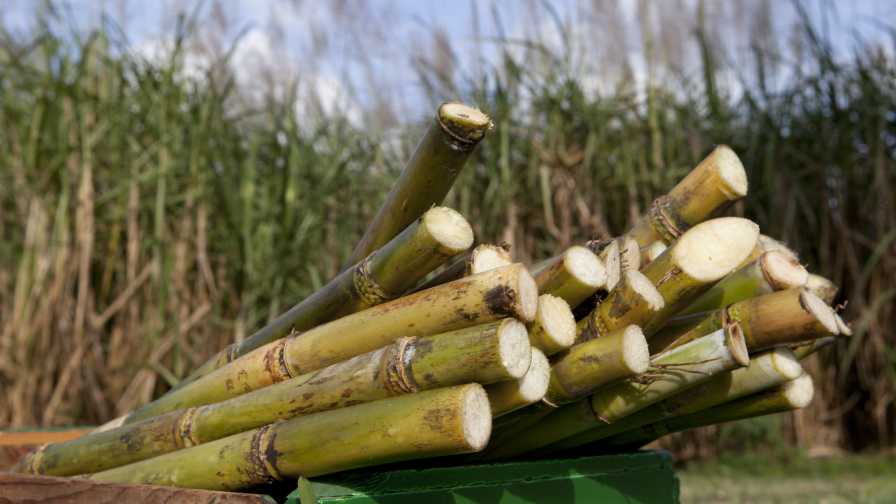while GNI FILTh HEADS live in their IGNORANCE!!
he ‘sanctimonious gangster’ description is apt
Dear Editor,
Regards, David Granger has been correctly and aptly described as a sanctimonious Gangster by the Barbadian diplomat. Not only that. He has been talking out of both sides of his mouth. On one hand talking about the rule of law and Constitution and on the other instructing or turning a blind eye to what his minions are doing and saying. The guy is a Charlatan and a fraud. To add he will go down as probably the most incompetent leader the Caribbean has seen. Single-handedly ruining the sugar, rice, gold, bauxite, lumber, and fishing industries. Among countless other small business that have gone under. The treasury is bare and probably bankrupt. Not a single achievement to talk about. The buck stops with him. Nobody else.
Yours truly,
Aryan Ghosh



